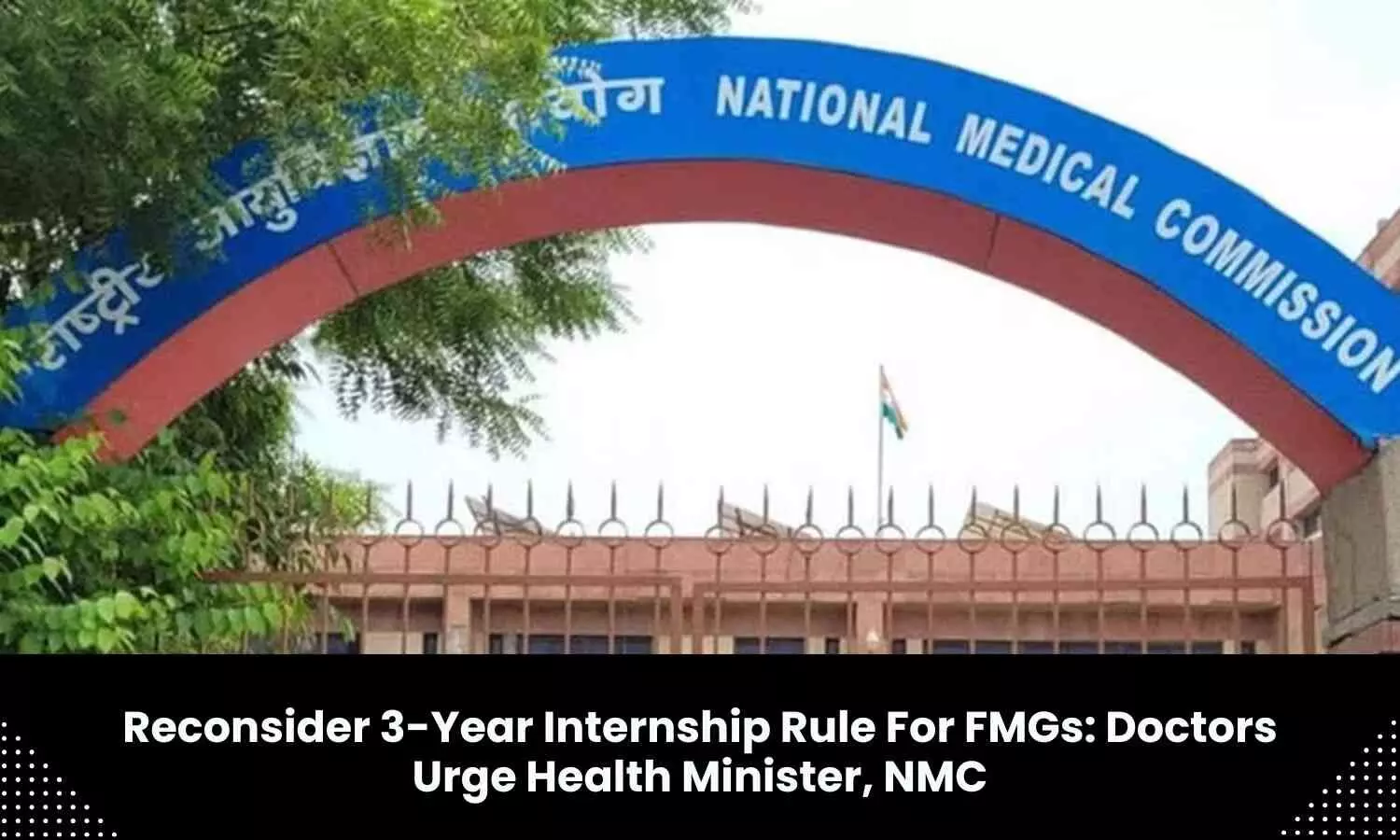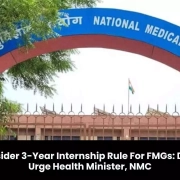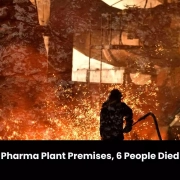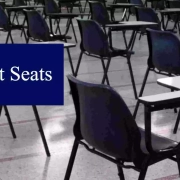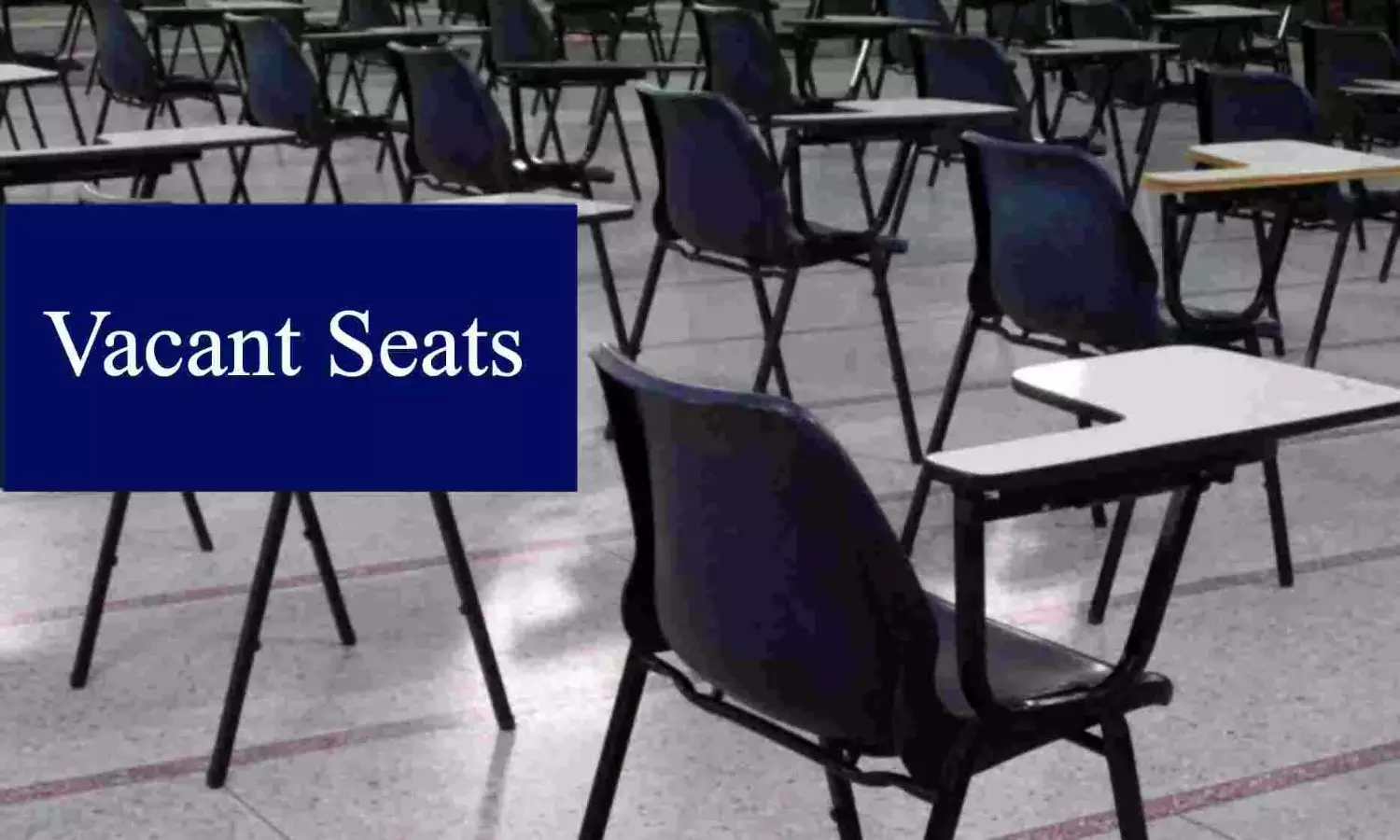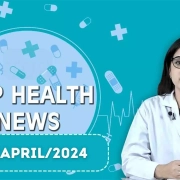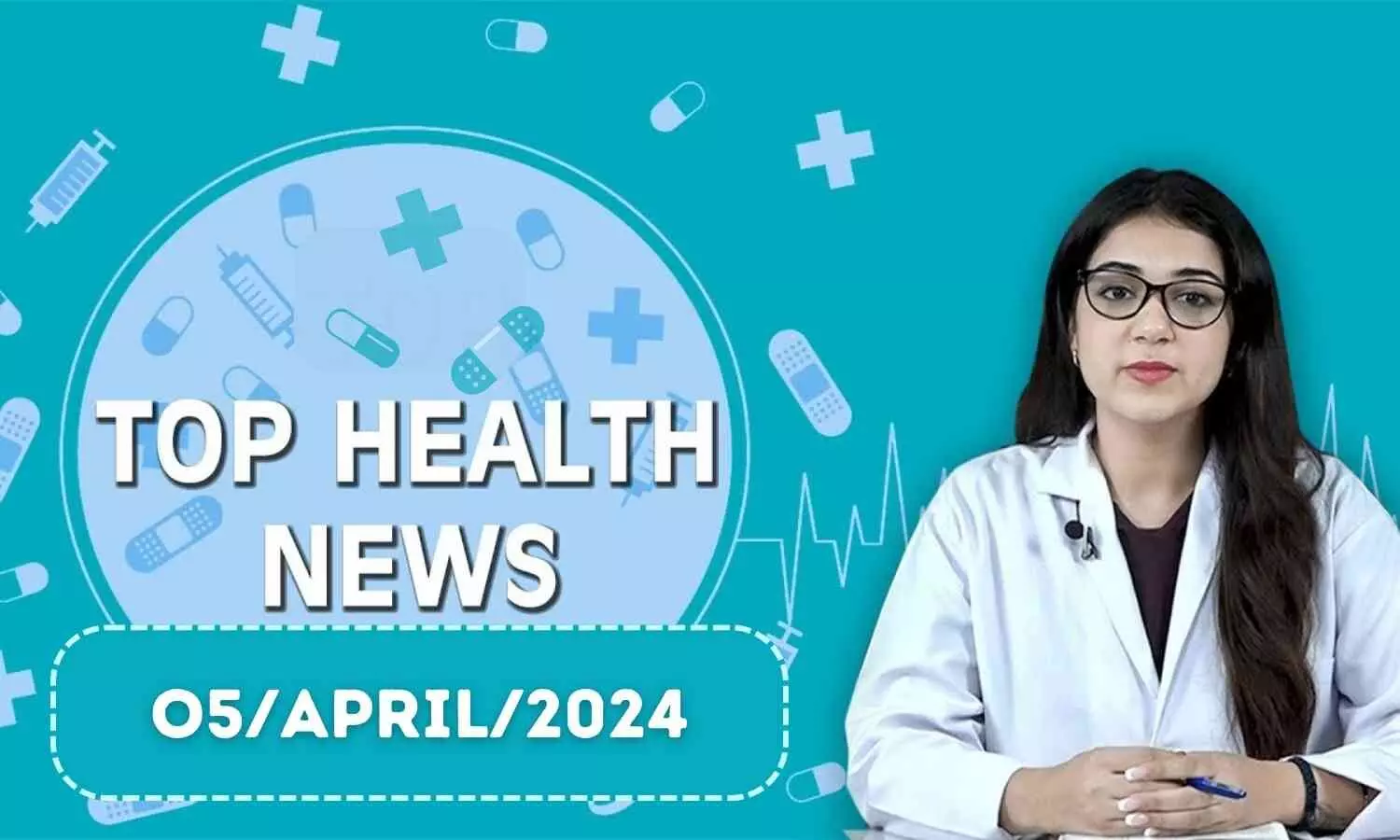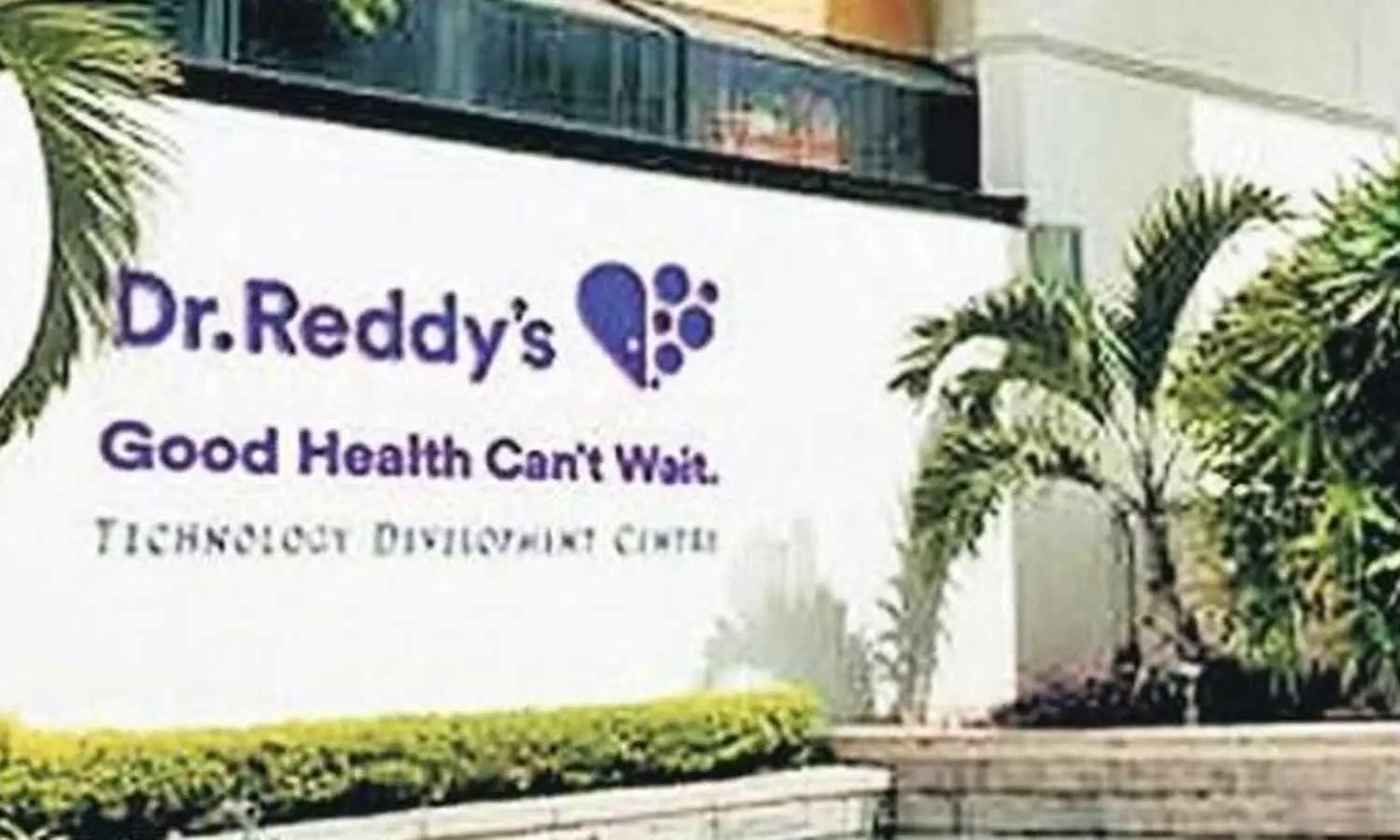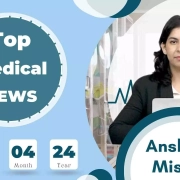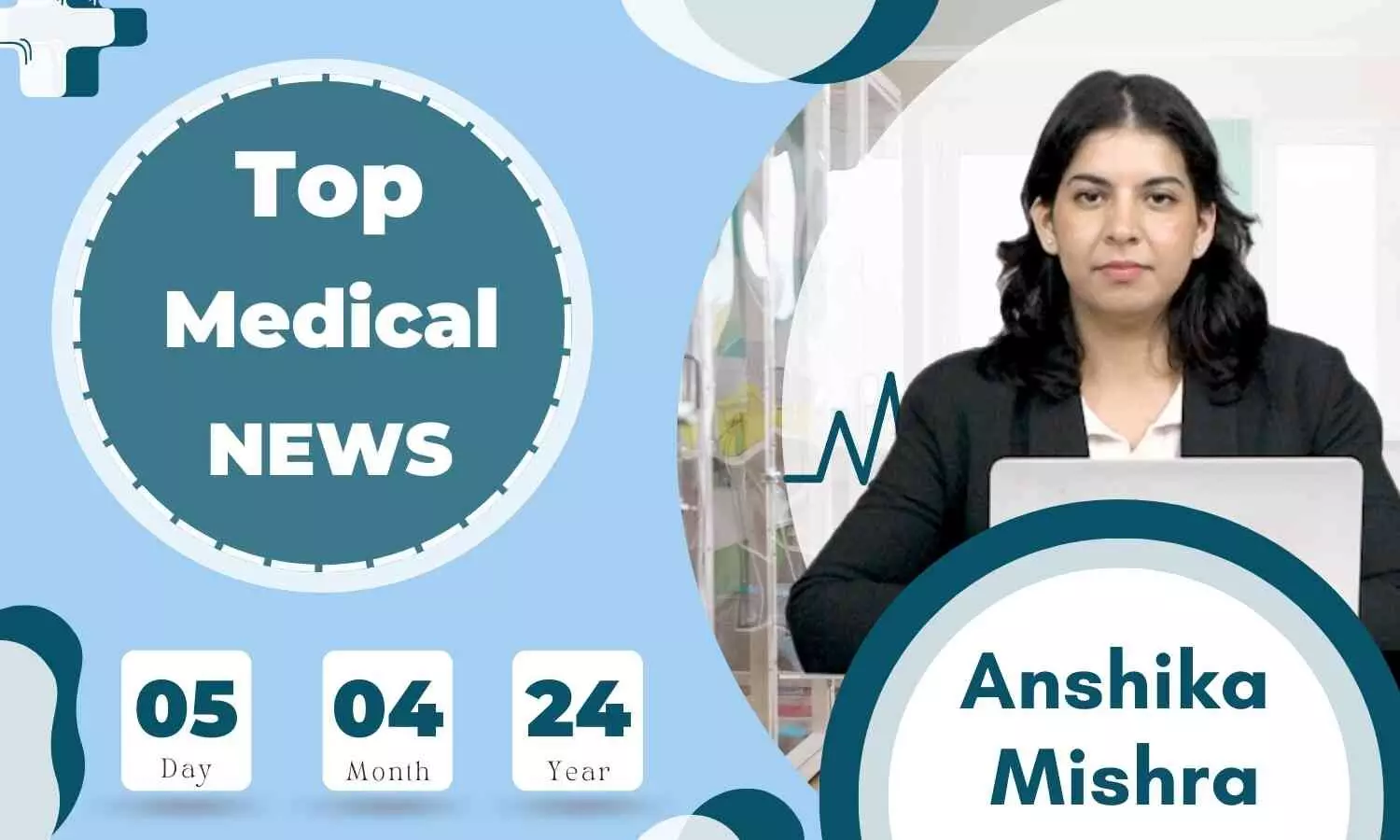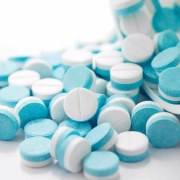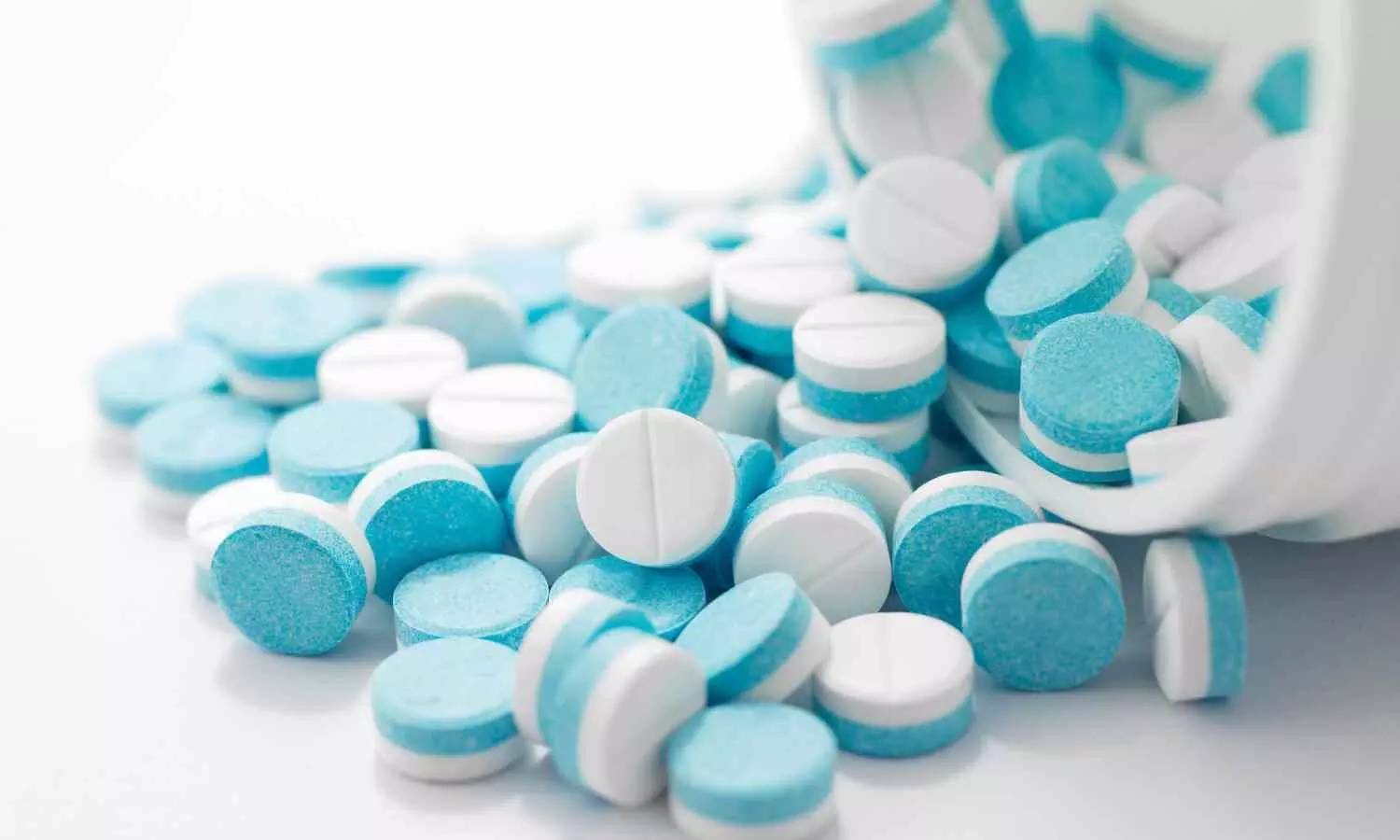Use of cannabis impacts breast milk and lactation, finds study
In a recent study published in the journal Advances in Nutrition, researchers explored the impact of cannabis use during pregnancy and lactation. More specifically, they examined the effects of cannabinoids on lipid metabolism in the breast tissue and hormone receptors that regulate breast milk secretion and production.
The prevalence of cannabis use has been reported to increase by over 62% among pregnant women. Fewer women of reproductive age believe that cannabis use is dangerous, with many considering it medicinal, more effective, and less toxic than many medications, prescription or otherwise, for morning sickness. Lactating women often cite conditions like anxiety, depression, nausea, loss of appetite, chronic pain, and posttraumatic stress disorder as reasons for their cannabis use. The fetus is exposed to maternally absorbed cannabis and its metabolites. Previous studies have shown a loss of verbal aptitude, attention, and short-term memory in fetuses exposed to cannabis in utero.
For the study, the researchers analysed pregnant women using cannabis and found that the use of cannabis among pregnant women doubled from 3.5% to 7% in 2017 and 2002, respectively, with the highest use reported during the first trimester. About 4% of breastfeeding women were currently using cannabis.
Cannabinoids initially boost prolactin secretion through CB1R activation in the brain’s pituitary gland, but later reduce levels via dopamine release. While rat studies show THC decreasing prolactin levels post-lactation, human research remains conflicting, with some suggesting reduced milk production and shorter breastfeeding in regular cannabis users. Endocannabinoids may prolong the time between suckling and oxytocin release, hindering milk ejection during breastfeeding.
The study concluded that cannabis use leads to the presence of cannabinoids in human milk, which may contribute to their long-term accumulation and inhibit milk production. It’s use may also alter breast milk composition through its effects on lipid metabolism. However, substantial research is needed utilising rigorous methods for milk collection and production to demonstrate any of these potential effects.
Reference: Castro-Navarre, I., Williams, J. E., Holdsworth, E. A., et al. (2024). Maternal cannabis use during lactation and potential effects on human milk composition and production: a narrative review. Advances in Nutrition. doi:10.1016/j.advnut.2024.100196.
Does good diet help prevent the development of dementia as people age?
A new study published in the Gerontological Society of America, explored nutritional choices that have been shown to improve cognition and decrease the risk of cognitive impairment and dementia in older adults.
Consumption of a healthful diet is a behavioural strategy that can help to prevent the development of dementia as people age, the publication stated. It also reports on the roles of vitamins and minerals in nutrition and brain function and focuses on how to implement person-centred conversations about the impact of diet and nutrition on overall wellness, including brain health.
The study discovered that the Mediterranean-DASH Diet Intervention for Neurodegenerative Delay (MIND diet) is linked with enhanced cognition. This dietary pattern emphasizes vegetables (especially green leafy ones), nuts, berries, beans, whole grains, fish, poultry, and extra virgin olive oil, while restricting red meat, processed meats, butter, regular cheese, pastries and sweets, and fried foods. Those following this diet were found to have cognitive abilities equivalent to being 7.5 years younger as it helps promotes better cognitive function through its emphasis on foods that are rich in nutrients known to support brain health.
“Using a person-centred approach that ties conversations about nutrition to patient goals is an effective strategy for starting conversations about diet and health,” said Kathryn Porter Starr, PhD, RDN from Duke University School of Medicine and Durham VA Medical Center.
Ideally, individuals are able to obtain all necessary nutrients from the MIND diet. However, the risk for inadequate vitamin and mineral intake increases as people age, and some people may benefit from consumption of fortified foods and or dietary supplements to enhance their nutritional status.
“I would love for everybody to get all of their micronutrients from food. Unfortunately, for most older adults, it’s really challenging to do that due to physiological changes that occur with ageing and certain disease states that affect absorption, so we often recommend a multivitamin.” said Starr.
Reference: “Insights & Implications in Gerontology: The Vital Role of Nutrition in Brain Health,”; The Gerontological Society of America
Migraine and susceptibility to blood clots can heighten the risk of stroke, finds study
A study published in the journal Circulation: Cardiovascular Quality and Outcomes examined how non-traditional and traditional risk factors for stroke contributed to stroke in younger adults.
Stroke prevention is a crucial area of preventative health measures. Because of the dangers of strokes, people must know if they are at risk and what they may be able to do to modify their risk. While younger individuals typically have a lower stroke risk, it is still important to note what risk factors affect younger populations, particularly as the consequences of a stroke can be lifelong. Traditional risk factors for stroke include high blood pressure, diabetes, high cholesterol, and obesity while non-traditional include pregnancy and postpartum period, use of oral contraceptives, migraine, and thrombophilia, which increases the risk of blood clots.
The case-control study identified index stroke events in young adults (aged 18–55 years), matched 1:3 to stroke-free controls, by sex, age, and pre-stroke period. All traditional and nontraditional risk factors were identified from enrolment until a stroke or proxy-stroke date (defined as the pre-stroke period). Conditional logistic regression models stratified by sex and age group first assessed the association of stroke with counts of risk factors.
The results showed that each traditional and nontraditional risk factors were associated with an increased risk of stroke in all sex and age groups. In adults aged 18 to 34 years, more strokes were associated with nontraditional than traditional risk factors. The contribution of nontraditional risk factors declined with age. Hypertension was the most important traditional risk factor and increased in contribution with age. Migraine was the most important nontraditional risk factor and decreased in contribution with age.
The findings revealed that non-traditional risk factors were as important as traditional risk factors in the development of strokes for both young men and women and have a stronger association with the development of strokes in adults younger than 35 years of age.
Reference: Michelle H. Leppert, Sharon N. Poisson, Sharon Scarbro, Krithika Suresh, Lynda D. Lisabeth, Jukka Putaala, Lee H. Schwamm, Stacie L. Daugherty, Cathy J. Bradley, James F. Burke and P. Michael Ho; Association of Traditional and Nontraditional Risk Factors in the Development of Strokes Among Young Adults by Sex and Age Group: A Retrospective Case-Control Study; Journal: Circulation: Cardiovascular Quality and Outcomes; https://doi.org/10.1161/CIRCOUTCOMES.123.010307
